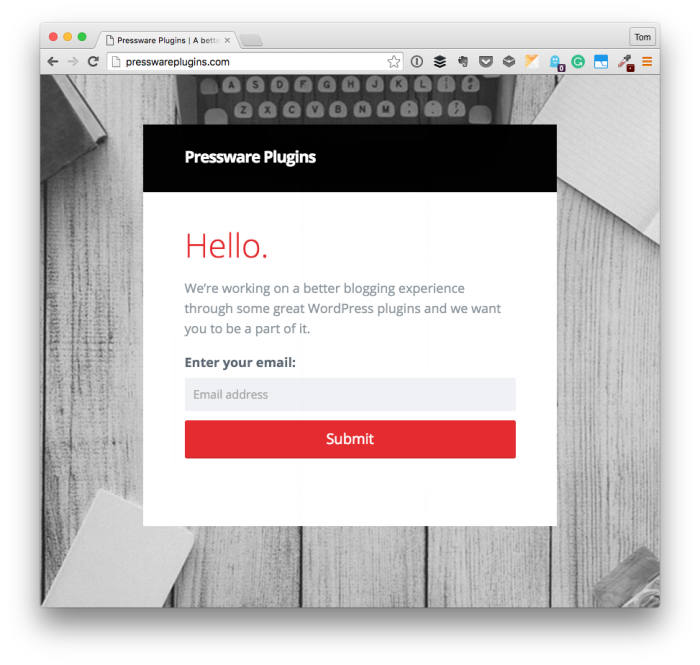Advertisements are one of those things that I’ve always been careful about introducing because I don’t want them to clutter the content or feel too, you know, intrusive as it relates to reading this blog.
To that end, I’ve generally kept them pretty minimal in terms of what’s allowed to display on this site.
People get their content in so many different ways now (email, Twitter, etc.), and the landscape seemed to have changed for some once Google killed Reader. Then again, some of us still use a reader (what’s up, Feedly? :) for the majority of our content.
For those who read this site in your browser, you’ve no doubt noticed the advertisements in the sidebar. As stated, they’re minimal by design:
- No animation
- No sound
- No attempt to be more intrusive than the content itself
This is because so many advertisements on the web are obnoxious. At the same time, running a site and promoting content from other companies and individuals within the WordPress economy is something I want to do.
It also helps the site to be self-sufficient in that it covers the costs of what’s needed to run the site, so that’s something I greatly appreciate.
As of today, I’m adding a similar setting for advertisements via Postmatic to display in the footer of my emails.


